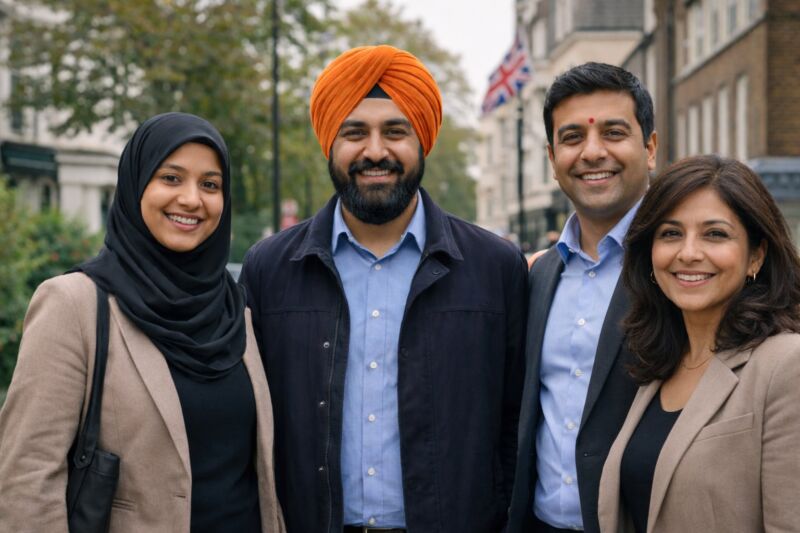Public concern about immigration is largely focused on small boats rather than migration for work or study, according to new Focaldata research published this week by British Future, ahead of the government’s expected Immigration White Paper.
Most of the public would choose not to reduce migration of people coming to the UK for a wide range of jobs, from doctors (77%) and care home workers (71%) to fruit pickers (70%), catering staff (63%), lorry drivers (63%) and engineers (65%). Two-thirds (65%) say they would not reduce the number of students coming to the UK.
People who voted Labour in 2024 are less inclined to support reductions, with 55% preferring overall immigration numbers to stay the same or increase.
Immigration numbers are already falling, and the annual net migration figure is expected to be significantly lower when new statistics are published by the ONS on 22 May. With 54% of the public prioritising control of immigration over deterrence to reduce numbers, the new research findings suggest that the government may have more permission from the public to take a balanced approach to migration for work and study.
The new research also finds that 59% of the public, and 64% of 2024 Labour voters, agree that migrants living in the UK and paying taxes should be eligible to apply for citizenship after five years or less.
Sunder Katwala, Director of British Future, said:
“Most of the public are ‘balancers’ on immigration, seeing both pressures and gains. They are more concerned about the lack of control over small boat arrivals than how many visas are issued for people coming to work and study. So the government’s challenge is finding a workable approach to asylum that blends control and compassion.
“Immigration numbers are falling from the historic highs of recent years. The Prime Minister has an opportunity with this Immigration White Paper to start a new debate about how we manage immigration well in the future – rather than continuing the debates of the last parliament when net migration numbers were at record levels.”




Focaldata surveyed a nationally-representative sample of 1,085 GB adults online, with an additional boost of 510 people who voted Labour in the 2024 General Election, from 2-6 May 2025.













